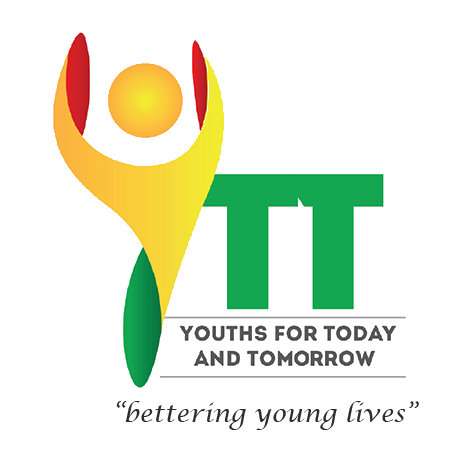ABOUT US
YOUTHS FOR TODAY AND TOMORROW
Youths for Today and Tomorrow (YTT) is a registered non-profit organization whose vision is a society where young people achieve their full potential and become agents of positive change. Established in 2008, YTT currently works in selected wards in Bulawayo, Tsholotsho, and Matobo, providing youth with opportunities to grow, learn, and thrive.
Our Purpose & Vision
MISSION
To empower young people to unlock their full potential and drive positive change in their communities through innovative programmes.
VISION
A society where youth are equipped with the knowledge, skills, and resources to become agents of change and build resilient communities.
WHAT GUIDES US –
CORE VALUES
1. Youths for Today and Tomorrow (YTT) is a registered non-profit organisation.
2. The core target group is young people, both able and disabled, regardless of gender, whether in and out of schools.
3. We work with various partners who complement our efforts to empower youth, such as Bread For The World (Brot für die Welt) and Active Youth Zimbabwe (AYZ).
4. OUR MISSION is to ’empower young people to unlock their full potential and drive positive change in their communities
5. YTT’s youth-empowering programmes are currently focusing only on selected wards in Bulawayo, Tsholotsho, and Matobo.
6. Youths for Today and Tomorrow (YTT) is a woman-led organisation and was established in 2008.
Our Core Thematic Areas
WHAT WE DO
At YTT, our work is built around five interconnected themes that address the real needs of young people in our communities. Each theme empowers youth with knowledge, skills, and opportunities to unlock their potential and create lasting change.
1. Peace Building
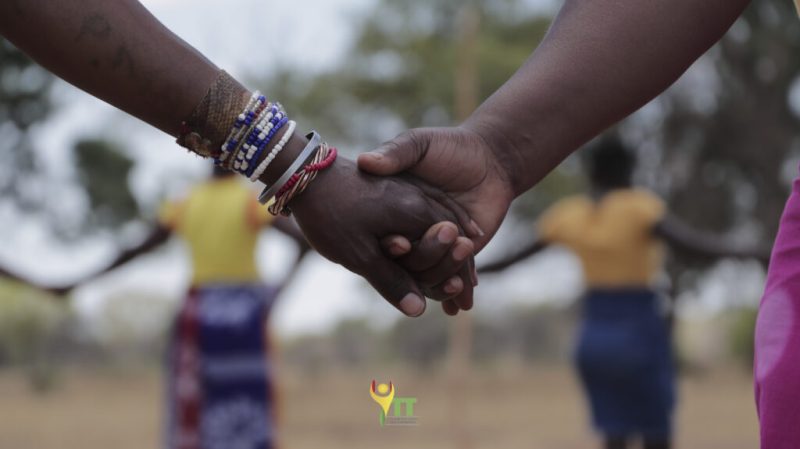
We strengthen the capacity of young people to peacefully manage conflicts in schools and communities.
Through trainings, peace corners, and dialogues, youth gain skills in conflict resolution, peer mediation, and non-violence.
We establish peace clubs in schools and run community dialogues to reduce bullying, and school violence.
2. Livelihoods
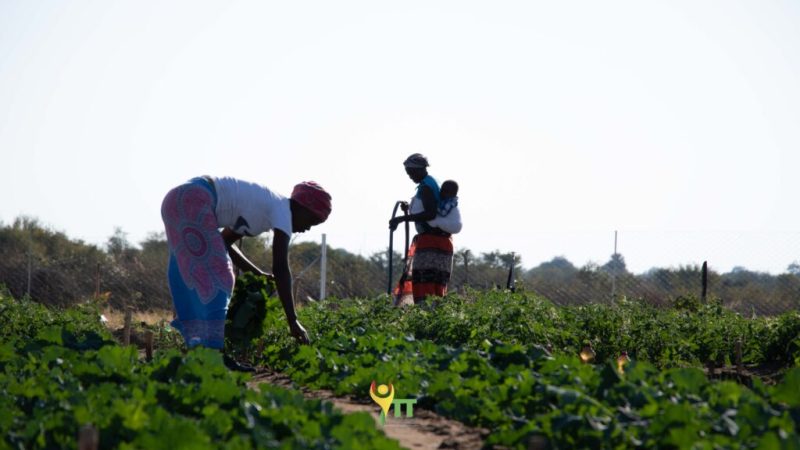
We empower youth economically by providing them with skills and resources to improve food security and generate income.
Our initiatives include goat rearing projects, smart agriculture, and para-vet training.
These projects not only reduce poverty but also give young people sustainable ways to support their families.
3. Sexual and Reproductive Health and Rights (SRHR)
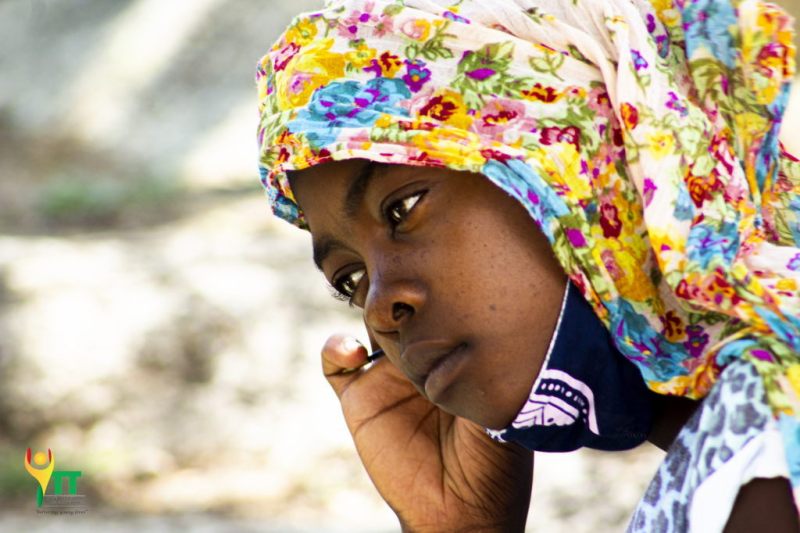
Knowledge is power! We give young people the tools to make informed decisions about their bodies, relationships, and future.
Youth learn about safe sex, consent, menstrual health, and HIV prevention.
Programs teach girls to make reusable pads, promoting hygiene and sustainability.
4. Environment and Climate Change
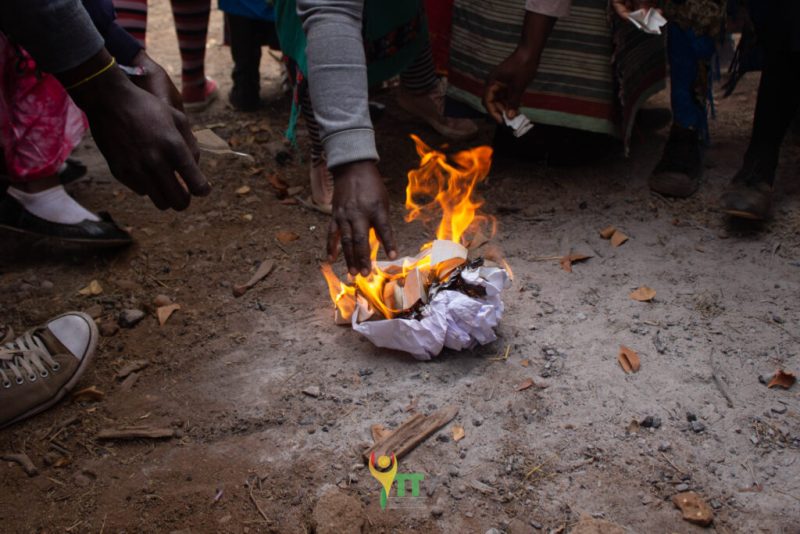
We equip young people with skills to protect the environment and adapt to the challenges of climate change.
Programs like solar-powered gardens teach climate-smart agricultural practices.
Youth and communities learn sustainable farming techniques, ensuring food security even during droughts.
5. Mental Health
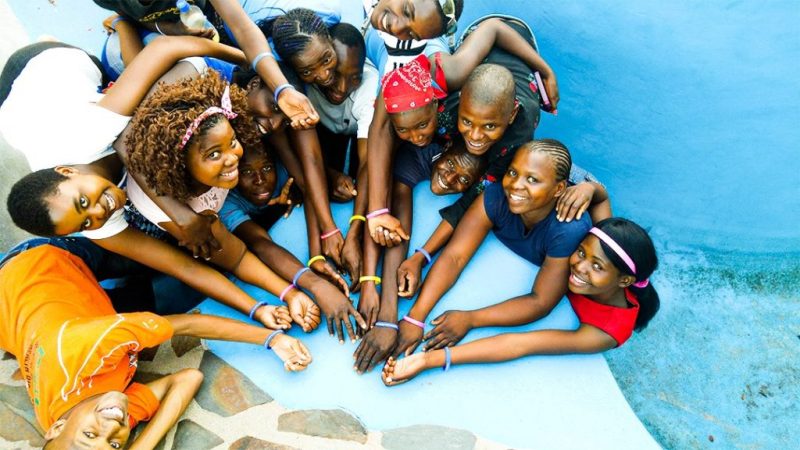
No one should face stress, depression, or anxiety alone. We are tackling mental health challenges head-on.
YTT provides counseling services, workshops, and school-based psych clinics.
Programs address issues like bullying, drug abuse, and depression, ensuring learners receive the support they need.
Where We Work –
And Why These Regions
YTT focuses on Bulawayo, Matobo, and Tsholotsho because these regions face specific challenges:
- Bulawayo: urban centre with high youth unemployment, school violence, and social issues.
- Matobo & Tsholotsho: rural areas affected by drought, food insecurity, and limited access to health and education.
By targeting these regions, YTT addresses critical gaps, empowering youth to overcome challenges and achieve their full potential.
Pilot Project Highlight
‘Our Safer Schools Pilot Project’
YTT’s Safer Schools Pilot Project is one of our proudest initiatives, designed to create violence-free, inclusive, and supportive learning environments. The Safer Schools and Peaceful Communities Through Youth Engagement project is addressing school violence, bullying, drug abuse, and stress among learners.
What We Did
- We partnered with 14 schools across Matobo and Tsholotsho Districts, reaching both learners and educators
- Partners include Active Youth Zimbabwe and World Mental Resilience Programs.
- Established Peace Corners where students can safely resolve disputes and access counseling support.
- Formed and trained Peace Clubs led by learners, promoting peer-to-peer conflict resolution and leadership skills.
- Brought in counseling support through psych clinics, addressing issues like depression, bullying, and drug abuse directly in schools
- Conducted school-wide trainings for teachers, learners, and school authorities on non-violent communication, anti-bullying strategies, and inclusive practices.
Our Main Goal
To create schools where learners feel safe, supported, and empowered, ensuring that education is not disrupted by violence, stigma, or mental health struggles.
Activities & Impact –
How We Make a Differenc
1. SCHOOL & COMMUNITY DIALOGUES: We create safe spaces where students, teachers, parents, and community leaders openly discuss sensitive issues such as bullying, school violence, drug abuse, and gender equality. These dialogues break stigma, foster understanding, and promote practical solutions that reduce conflict and encourage inclusivity.
2. PEACE CORNERS & CLUBS: YTT has established peace clubs in schools where young people practice peer mediation, conflict resolution, and teamwork. Peace corners act as safe zones for learners to de-escalate tensions, seek guidance, and build skills in managing conflicts without violence.
3. RADIO AWARENESS PROGRAMMES: Through youth-centered radio shows, we reach thousands of young people and families with information on mental health, HIV/AIDS, climate change, and peacebuilding. Radio gives a voice to youth, especially in rural areas, where access to information is limited.
4. PSYCH CLINICS IN SCHOOLS:We set up mobile “psychological clinics” where trained counselors provide free, confidential support to learners. These sessions address stress, depression, bullying, and drug abuse — ensuring that students don’t suffer in silence.
5. WORKSHOPS & TRAINING SESSIONS: From conflict resolution training to para-vet (animal care) training, our workshops equip youth with practical skills they can use immediately. These hands-on sessions are tailored to local needs, whether it’s climate-smart agriculture or mental health awareness.
6. COMMEMORATIONS & CAMPAIGNS: On key days like World Mental Health Day and 16 Days of Activism Against Gender-Based Violence, YTT organises marches, awareness campaigns, and public events. These platforms amplify youth voices, raise awareness, and mobilise entire communities around important issues.
